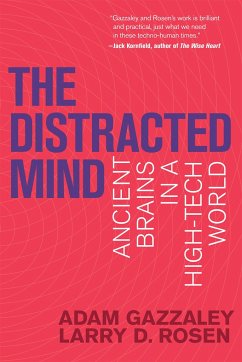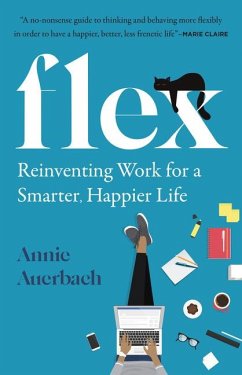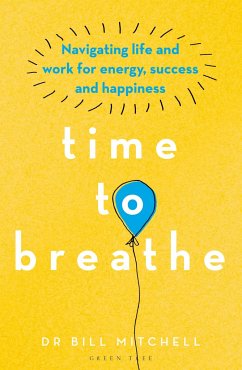
Tech Stress
Living Smart with Screen-Dependence

PAYBACK Punkte
12 °P sammeln!
Optimize your home office and ease the transition to remote work with best practices for ergonomic adaptations that reduce pain, tension, eyestrain, and fatigue. An evolutionary approach to re-envisioning our relationship with technology--and reclaiming health, happiness, and sanity in a plugged-in world. Evolution shapes behaviors--and as a species, we've evolved to be drawn to the instant gratification, constant connectivity, and shiny lights, beeps, and sounds of our ever-present smartphones, laptops, and other devices. In earlier eras, these hardwired evolutionary patterns may have set us ...
Optimize your home office and ease the transition to remote work with best practices for ergonomic adaptations that reduce pain, tension, eyestrain, and fatigue. An evolutionary approach to re-envisioning our relationship with technology--and reclaiming health, happiness, and sanity in a plugged-in world. Evolution shapes behaviors--and as a species, we've evolved to be drawn to the instant gratification, constant connectivity, and shiny lights, beeps, and sounds of our ever-present smartphones, laptops, and other devices. In earlier eras, these hardwired evolutionary patterns may have set us up for success, but today they confuse our instincts, leaving us vulnerable and stressed out from fractured attention, missed sleep, skipped meals, and all-over aches and pains. So how can we avoid the evolutionary pitfalls programmed into modern technology use? Erik Peper, Richard Harvey, and Nancy Faass offer real, practical tools to avoid the evolutionary traps that trip us up, helping us reduce physical strain, prevent sore muscles, combat brain drain, and correct poor posture. They first describe some of the problems associated with technology overuse, then offer strategies for mitigating technological stress, like how to: • Increase patience and calm while working at a computer • Improve communication with spouses, children, and co-workers during digital device usage • Arrange your work environment to best match your individual needs • Reduce hypervigilance and excessive cortisol production while using digital devices • Limit the bracing and freezing responses under stress that lead to 'blanking out' or not remembering details • Cultivate a sense of safety under conditions of workplace threat













